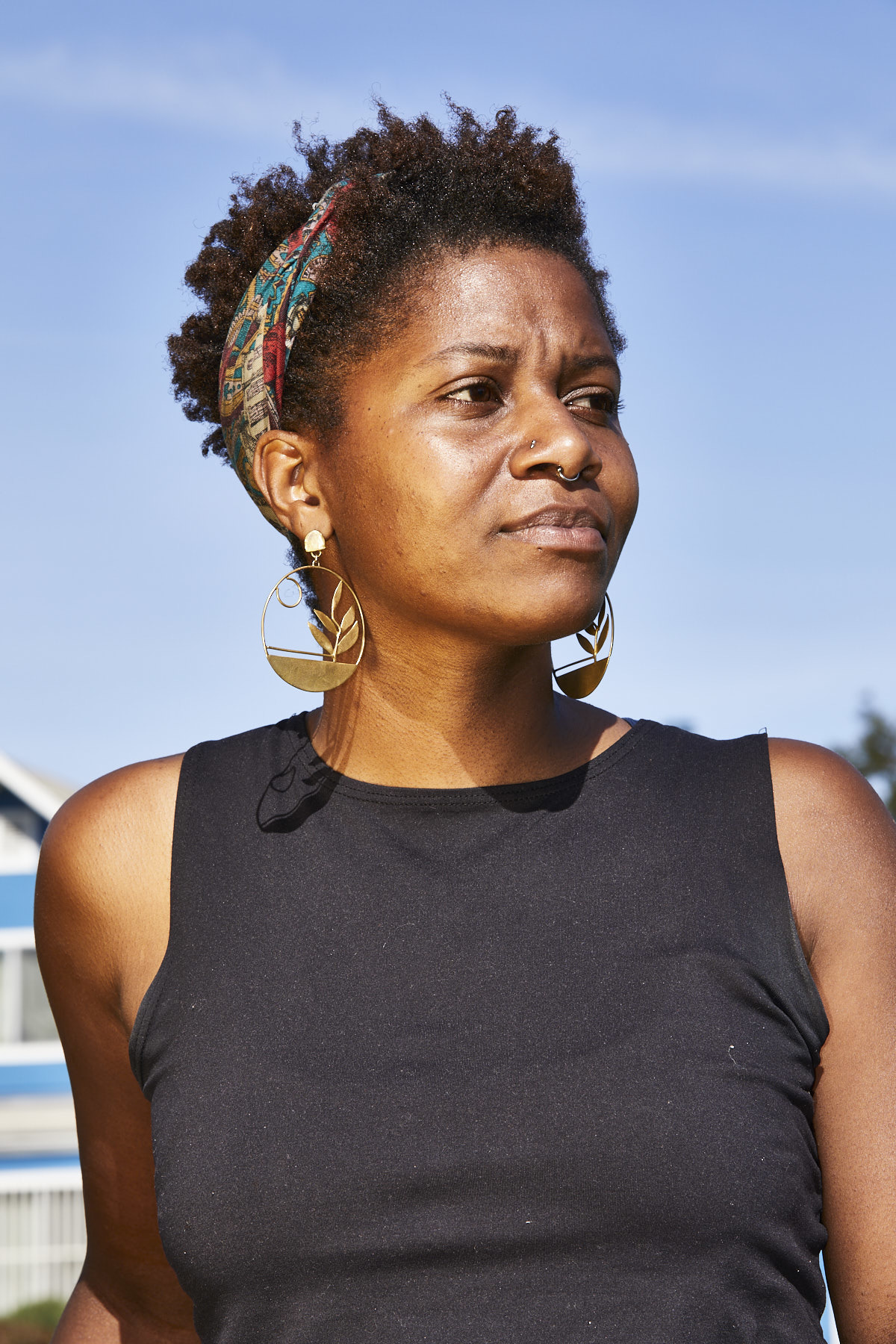

Tell us more about your SCA spring break trip to Joshua Tree National Park. Was there a particular moment or was it a series of moments during the trip that sparked your love of the outdoors?
I went on an alternative spring trip with the SCA during my junior year in college. A professor told me about the trip, and I signed up, eager to spend some time away from school and in a new place. I credit that trip with introducing me to the environmental and outdoors as a potential field of work. I’ll never forget the first night sleeping on the soft sand and the sounds of owls floating across the desert. The park employees we worked alongside to remove invasive mustard species and count desert tortoises were so enthusiastic about their work and teaching us about the park.
I kept having the thought, “You can get paid to work outside?!”
I can’t point to a singular moment that sparked my love of the outdoors rather, it was the various different experiences we had there. We didn’t just do a hike but we climbed, hiked, slept, worked, and ate meals together outside and I was so tickled and intrigued by that.
What are some lessons learned from that SCA experience that you still rely on today?
As someone who says they would choose reading over socializing, what is your favorite book about the natural world and why?
I love the book Black Nature: Four Centuries of African American Nature Poetry by Camille T. Dungy, a collection of poems by Black poets. What I love most about it is how it explores the wide range of interactions Black folks have with the natural world – from interacting with the bee outside the window, to meandering in the woods, and picking flowers. I appreciate how varied the experiences captured are.
Like all nonprofits, SCA relies on philanthropic grants and support to fund our work. As a “legacy” environmental organization, how can SCA continue to raise funds to support our own programs AND be a true supporter of the movement to redistribute philanthropy to organizations led by non-white leaders?
It’s important for SCA to continue to increase and strengthen the support folks need in taking internships. It’s widely known that traditional fellowships in the outdoors are inaccessible to a wide swath of the population because of the lack of pay, housing, and relocation etc. SCA addresses a lot of these barriers and I think it should continue to increase the amount of pay and support interns receive during and after their fellowships. I really struggled during my internship because I didn’t come from financial privilege and didn’t have anywhere to turn for financial support.
Secondly, I challenge the SCA to fund opportunities that are created and led by interns in their respective communities. For example, if there is an intern living in Oakland who wants to bring community gardens to their neighborhood, the SCA could provide mini-grants and other support to that work.
There is a tendency for large environmental organizations to make themselves the leader and outward face of work instead of taking a step back and providing the resources for other movements and leaders to thrive.
Has mentorship played a role in your career? What advice would you give young people looking to find mentorship in the conservation field?
I wouldn’t be where I am today without mentorship. I credit Aparna Rajagopal-Durbin, my first boss out of college, with being my first mentor in the field and really showing up in that role. She took every opportunity she saw to give me leadership roles, introduce me to people, and give me honest feedback. I grew so much with her mentorship and care.
The two pieces of advice I’d give to people looking for mentorship are:
What role does the outdoors play in your life now?
Professionally, I’m a full-time consultant working to build the capacity and move resources to Black, Indigenous, and People of Color in the environmental sector. Currently, I’m doing that by creating mentorships, fellowships, and funding opportunities.
Outside of work, I spent a lot of time on bicycles. I love city bike rides, bike touring, and riding through the Redwoods in the Oakland hills. Bicycles are my first love and I also spend a lot of time hiking, running, and doing walks around Lake Merritt in Oakland. This summer I’ll be leading the Women of Color Camp-Out in Yosemite.
Visit the SCA100k page for more information on our ten ambassadors.